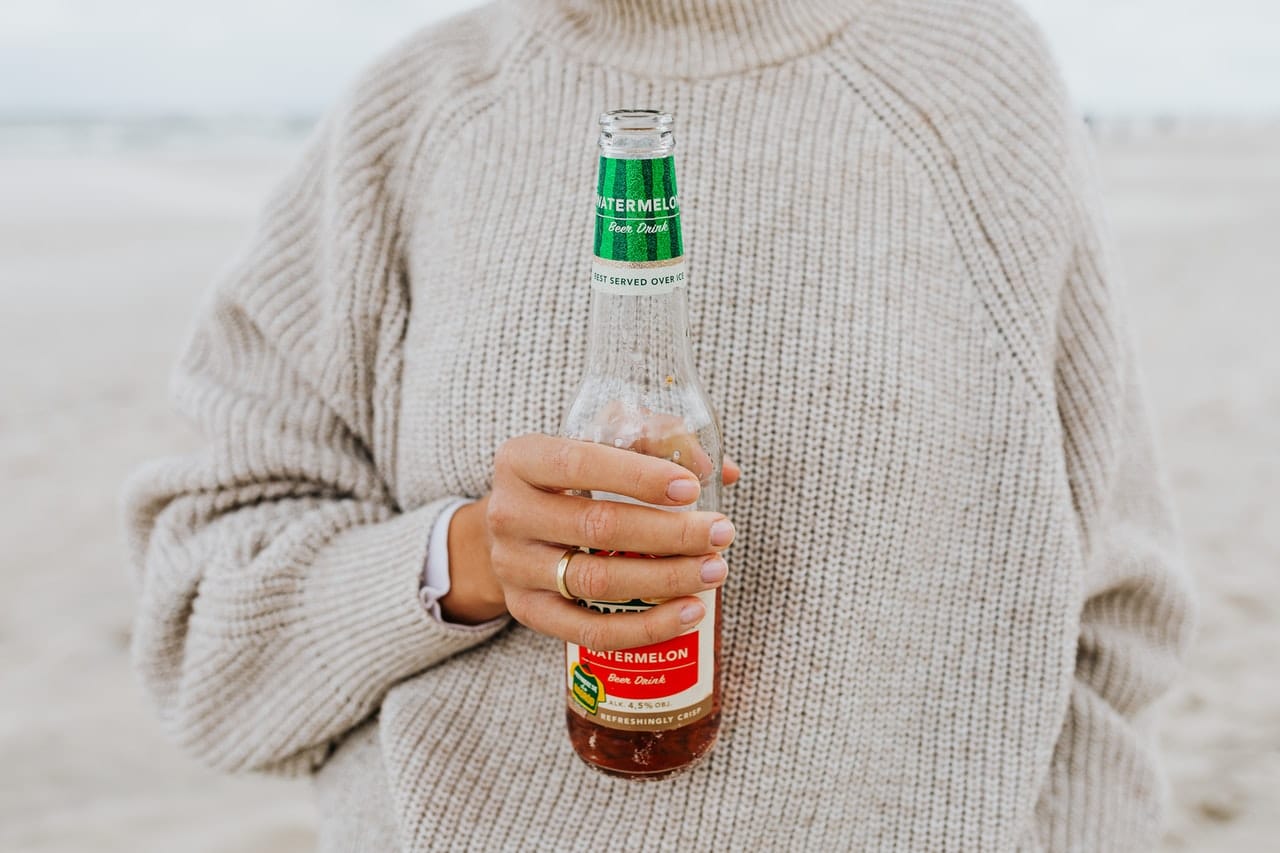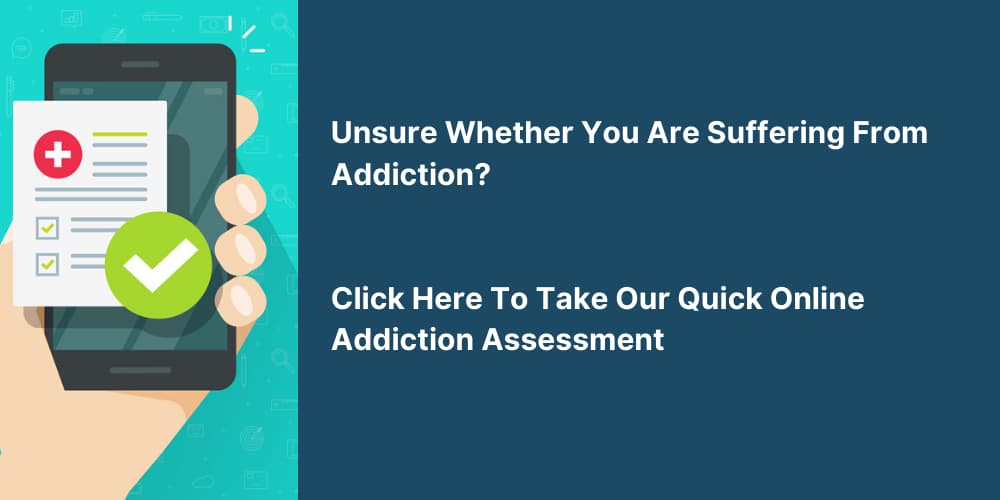Alcohol and Depression
Daily heavy drinking and binge drinking can have serious long-term consequences for your mental health and negatively affect your relationships with family, friends, and colleagues. Request a CallbackOur Centres
Rehab In Northern England

Google Reviews
4
Rehab in Scotland

Google Reviews
5
Rehab in Greater London

Google Reviews
4.5
Rehab in the Midlands

Google Reviews
4













